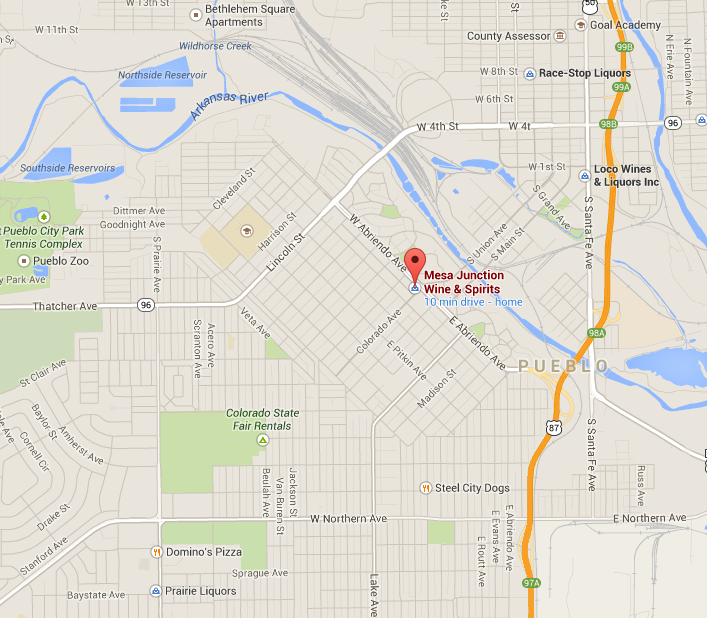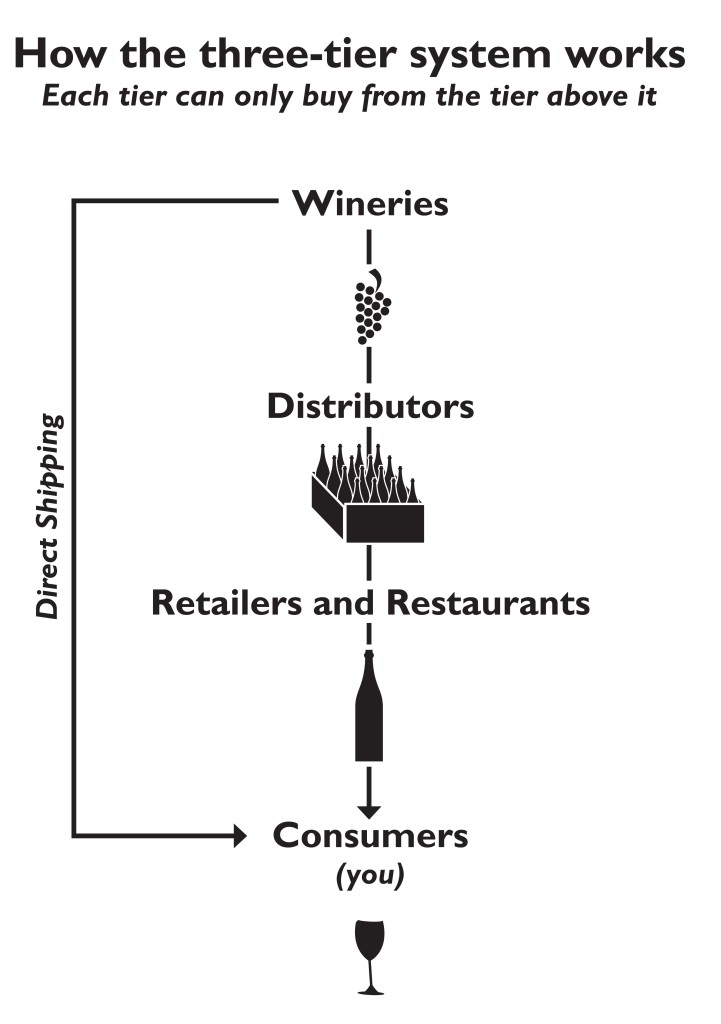The 3 Lessons I Learned After Accidentally Buying a Liquor Store
I bought a liquor store last year….it was sort of an accident.
No, I wasn’t binge drinking at the time. I wasn’t really shopping for a liquor store. I wasn’t even shopping for a bottle of wine. But, here I am … proud owner of a liquor license and a terrific selection of craft beers, pinot noirs and small batch bourbons….among many other standard liquor store offerings.
Since 2010 I’ve been investing in real estate in Pueblo, Colorado and when a commercial building with retail on the ground floor and multifamily residential on the second floor was listed for sale I went to take a look. I liked the building, especially the location in the heart of Pueblo’s Mesa Junction neighborhood. As I walked around with the owner, it became clear that the liquor business was being sold with the building.
Hmm. Intriguing. My college buddies would be so jealous.

So, deciding to roll the dice, I made an offer. I fully expected a counter-offer that wasn’t sufficiently attractive, allowing me to walk away and go back to business as usual.
Instead, the owner accepted my offer…..hey, that’s great newwwwzzz….holy shit.
With the building under contract I began due diligence. I remember thinking, before I ever contemplated the notion of liquor store ownership, retail liquor stores enjoy a tidy little monopoly. Must be nice. Well, yes and no. It’s not quite as easy as it sounds. Since taking ownership of the store I’ve learned a few things about the liquor business that might surprise you.

Lesson 1. The liquor business is highly complex. Retail liquor, at least in Colorado, is a fascinating business. Huge number of SKUs. The quantities of categories, brands, flavors, price points and size variations are mind-numbing. Talk about Big Data. Liquor distribution is heavily regulated in Colorado with a 3-tier system composed of manufacturers, distributors and retailers; each tier has its own set of rules and requires its own special license with an application paperwork trail that only a lawyer could love. Inventory is expensive and margins are thin, managing inventory and cash flow is extraordinarily difficult and SKU level demand is nearly impossible to forecast accurately. Running a small liquor store requires business acumen – accounting, operations, human resources, customer service, marketing, sales – the whole enchilada. If you were thinking that a liquor store is like an advanced lemonade stand you’re completely underestimating the task. This is good by the way. Communities need opportunities for individuals to learn how to run a complex business with full P&L responsibility.
Lesson 2. Distributors hold all the power. As a retail liquor store owner I am only allowed to purchase inventory from a licensed distributor. Seems reasonable to keep tabs on who’s moving liquor around the state. But, here’s the catch. Every licensed distributor has a complete monopoly on every product they sell. So, any self-respecting liquor store should have various sizes of Jack Daniels on the shelf, right? I think I’ll call around and see who has the best deal on a case of 750 ml bottles of Jack, compare prices/terms and place the order, right? Wrong. If you want to buy Jack Daniels or any other product whether it’s a brand of beer, wine or spirits, you have your choice of exactly one distributor who carries that product. So, negotiating price isn’t an option. The only possible way you can get any sort of discount is by purchasing large volumes. As a result, the distributors pass along more favorable prices to the mega-stores who can afford to purchase 100 case deals; if you’re a small liquor store you just have to bend over and take whatever price is offered. When I learned this was the way the system worked I was stunned. What? [fade to the Caddyshack scene with Chevy Chase talking to Danny Noonan, “Is this Russia? This isn’t Russia.”]

You mean to tell me that we aren’t allowed to shop around for a supplier who might provide better service, better prices or both? Nope. The Budweiser distributor welcomed us to the industry by requiring cash upon delivery for the first 90 days. No checks. No 30-day net invoice. Not even a money order. Cash on the barrelhead. Nice manners, Bud.
Lesson 3. Owning and operating a small liquor store can provide a comfortable income and job security but it’s no cash cow. If you read my About page you’ll see that I have a day job in a completely separate industry. I don’t work in the liquor store. I hired a manager to run the operation and she supervises a handful of employees who staff the store when she can’t be there. She’s paid a decent salary providing a reasonably comfortable living in Pueblo. We pay hourly employees a decent wage as well. It’s not lucrative but I’m willing to bet we pay better than comparable positions at local grocery or convenience stores. The store is humming along. We did a good bit of business around the holidays and customer traffic is steady. But here’s the thing. This business is not designed for an “absentee” owner because after payroll and inventory replenishment there’s not much left over. However, the setup is perfect for an owner-operator.
As an owner-operator of a liquor store you have roughly the same job security as a tenured college professor. The store could go under if you fail to compete effectively or if the market for liquor dries up somehow (just like a school could close or an academic department could be eliminated). And, your take-home pay will vary with some years better than others depending on volume. But, so long as you have customers who walk in the door, no one can really take away your job.
Sure, I wish the store was a huge cash cow; you know, pay myself a nice salary every month and do whatever I want all day. Sounds great in theory but as a member of the community I’m glad it’s not so easy because big corporate greed would quickly follow. It’s nice to have the owner behind the counter. Customer service is better. And, it’s nice that the liquor store provides a comfortable income. That way the owner is highly unlikely to sell booze to minors – there’s too much at stake to break the law for a few extra bucks. Mostly, it’s nice that a big company can’t swoop in and take over every liquor store in sight. In the name of low prices, they’d shut most or all of the small stores down and open newly constructed mega-locations on the outskirts of town where land is cheap and profit maximized, laying to waste neighborhood small markets within walking distance….sort of like what’s happened with the grocery industry.
This dispersed single-unit ownership system is better for the community because it provides economic activity in a variety of locations along with solid living wage jobs that can’t be readily outsourced or automated. More people have skin in the game and a strong incentive to take care of their stretch of sidewalk in the community. In fact, aside from the distributor monopolies and the cumbersome government licensing process, it just might be a model worth considering for distribution of other commodities, like fresh food.
But that’s a topic for another blog post.
